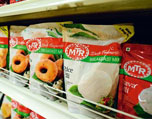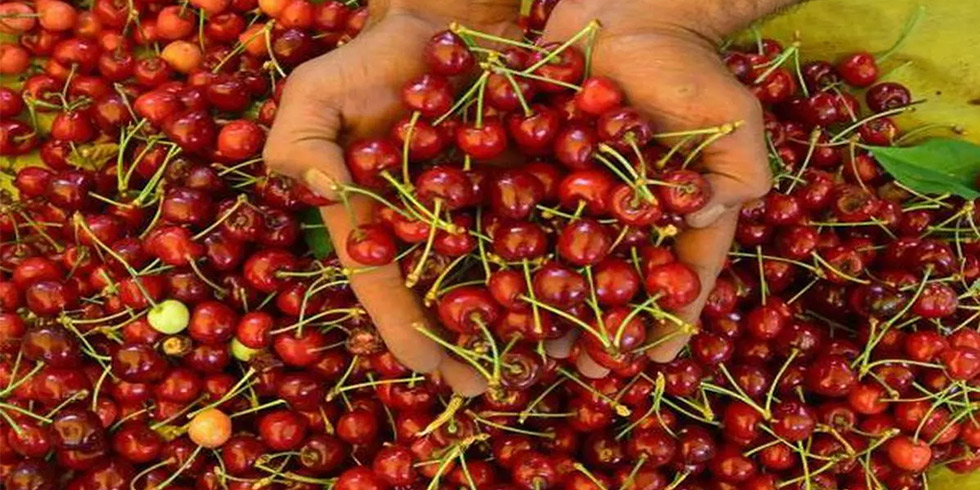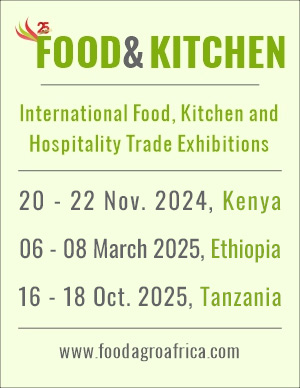For MTR Foods, Bengaluru, the city of its origin, is also its best test market.
The waves of migration to the city and the shifting consumer preferences make it fertile ground for the Rs.600 crore company to try out new recipe mixes and launch new products.
“Bengaluru was the trigger for us to dig into sub-cultures and smaller regional differences in cuisine,” said Sanjay Sharma, chief executive officer, MTR Foods.
“This city has probably changed more in the last few years than any other city.”
The company, an offshoot of the over-90-year-old Mavalli Tiffin Room restaurant in the city, has begun studying Bengaluru’s different cultural groups and identifying consumption opportunities, he said.
“MTR Foods emerged out of Karnataka and more specifically Bengaluru and hence our range was initially designed keeping in mind local consumers. However, as business opportunities grew, a lot of people from other parts of the country began to reside in the city as well. Hence, it became important for us to start talking to these people and understanding their needs—that they are looking for a taste that is close to what they would make in their respective states,” Sharma said.
“Idli and sambar is definitely pervasive in southern states but do not taste the same. There are people from states like Tamil Nadu and Andhra Pradesh residing in Bengaluru, and Tamil sambar, for instance, is completely different from the Karnataka sambar, which is sweeter in taste. We understood this and went out to Tamil Nadu to research asambar recipe that would appeal to Tamil consumers in Bengaluru. This is what gave birth to our Tamil Nadu special range of masalas: sambar, rasam, kulambu and biryani,” he explained.
Sharma shared a few statistics on the city of 10 million people. The population of native Kannadigas dropped from 63% to 57% in a span of four years, between 2010 and 2014. People from Andhra Pradesh and Telengana are now the second biggest population at 12%. Tamilians are roughly 6% while Hindi-speaking households come in at about 4%.
“You are talking about 43% non-natives,” Sharma said and added that the company had thus far never looked at the demographic divide so closely.
The result: an entire range of new products to be launched in a month’s time in Bengaluru. The products will constitute mixes and spices.
“Food is possibly the most personal category across consumers and consumers are increasingly asking for more authentic choices,” said G.V Krishnan, president at advertising agency Lowe Lintas’ Bangalore office.
Lest the Bengaluru focus be misconstrued, Sharma is quick to stress MTR’s national aspirations.
“It is not only Bengaluru that we are focused on. We look at ourselves as the guardians of authentic Indian cuisine—spanning cultures, regions and geographies.”
MTR Foods was acquired in 2007 by Norwegian food company Orkla in an all-cash deal that valued the ethnic packaged foods company at Rs.400 crore.
MTR to launch new recipes to cater to cosmopolitan Bengaluru








Add Comment